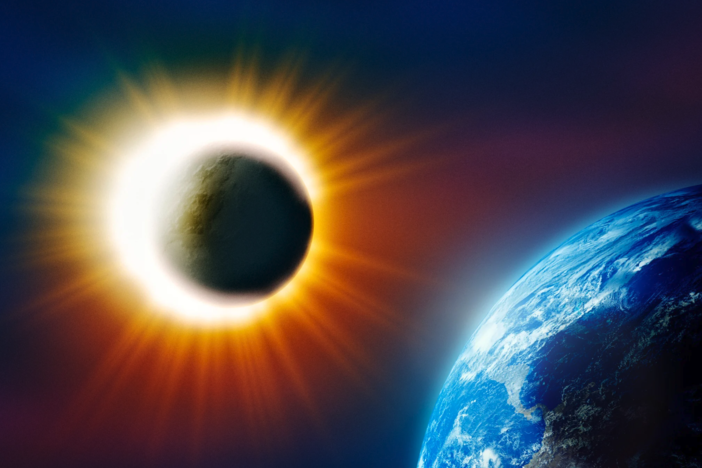
Section Branding
Header Content
Supermoon and Solar Eclipse
Primary Content

From May Day to Mothers Day to Memorial Day, there's already a lot of activity happening here on Earth within the month of May. Why not add a couple more astronomical dates as well?
First up is the "supermoon" that is occurring this week. While May 6th is the official date of the full moon, the increase in size of the moon can be observed for the next couple of days. Check out the video below to learn more about "supermoons" and the frequency at which they occur. Video courtesy of NASA.
National Public Radio also produced an article about the supermoon - check it out here.
Later in the month, an annular solar eclipse will occur on May 20, 2012. Visit NASA's Eclipse Website to learn more about this event.
Three other eclipses will occur later this year. On June 4th, a partial lunar eclipse will occur. On November 13th, a total solar eclipse will occur, and on November 28th, a penumbral lunar eclipse will occur.
These astronomical events give teachers and parents a wonderful opportunity to teach students about astronomy. From Kindergarten to Advance Placement classes, get creative and think of the different ways you can incorporate these events into your lesson plans!
Secondary Content
Bottom Content





